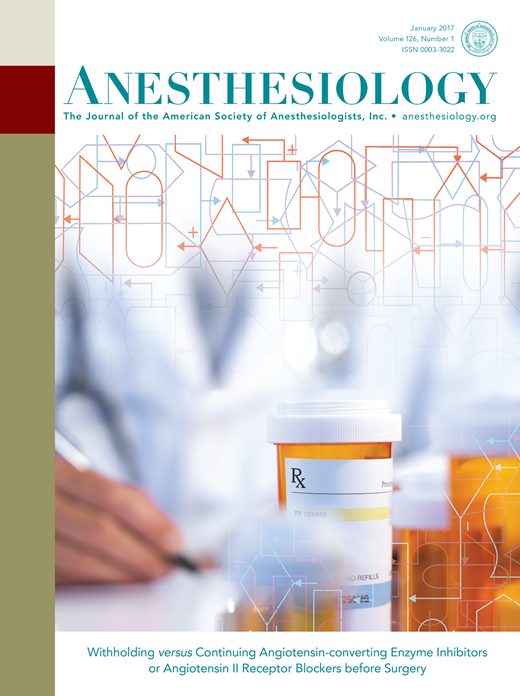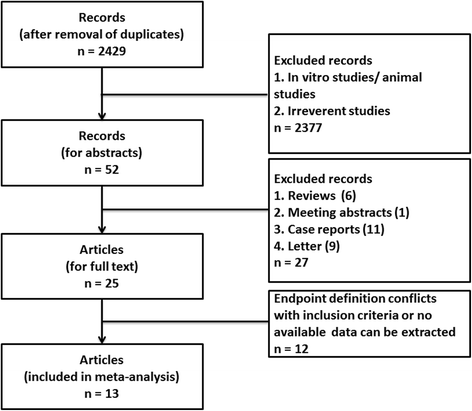- Joined
- Sep 19, 2018
- Messages
- 738
- Reaction score
- 532
Dear SDN Anesthesiologists,
I hope you are doing well. I had to search and go to old topics and threads in this forum and couple of them back in 2011 about this topic "ACE inhibitors and hypotension
".
I am also concerning about it, as I am personality consider withholding ACE inhibitors and ARBs (it was only ACE inhibitors, but they added it later) 24h before surgery and recommencing them 2d after surgery as written in some books and researches.
You know I have no access to fancy vasopressin, phenylephrine and most of the time no access to norepinephrine (not available). I can get ephedrine and epinephrine
So, from 2011 to 2023 what you all have learnt so far?
Withhold or continue? How will you individualize each case and if there is any score or brain map of thoughts about it?
I am sure you have wonderful PACU team that can manage postoperative hypotension with ease, unlike us or those in limited resources where PACU does not exist.
Love and Peace
Amir
I hope you are doing well. I had to search and go to old topics and threads in this forum and couple of them back in 2011 about this topic "ACE inhibitors and hypotension
".
I am also concerning about it, as I am personality consider withholding ACE inhibitors and ARBs (it was only ACE inhibitors, but they added it later) 24h before surgery and recommencing them 2d after surgery as written in some books and researches.
You know I have no access to fancy vasopressin, phenylephrine and most of the time no access to norepinephrine (not available). I can get ephedrine and epinephrine
So, from 2011 to 2023 what you all have learnt so far?
Withhold or continue? How will you individualize each case and if there is any score or brain map of thoughts about it?
I am sure you have wonderful PACU team that can manage postoperative hypotension with ease, unlike us or those in limited resources where PACU does not exist.
Love and Peace
Amir



